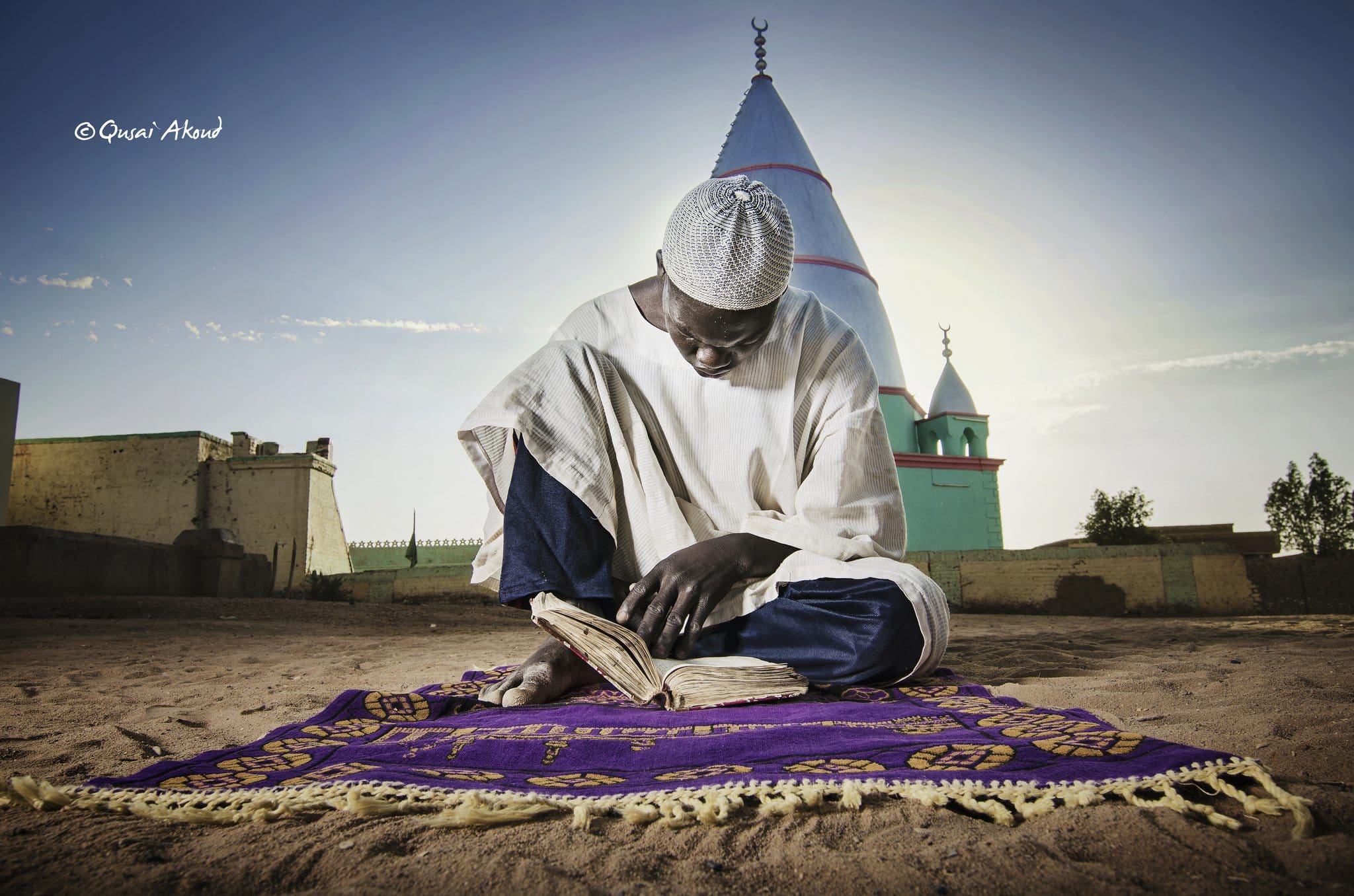Combining two intentions in one act of worship
Shafi'i Fiqh
Question: When can one merge two acts of worship in one?
Answer:
Wa alaykum assalam wa rahmatullahi wa barakatuh,
Dear questioner,
Thank you for your important question.
The default is that each act of worship is independent and requires an independent intention.
That said sometimes one act of worship subsumes another, such as prayer and prostration. One doesn’t need to intend prostration because it is subsumed within the prayer that one already intended.
Sometimes two acts of worship are indeed separate but one fulfills the other in its general sense. For example, the sunna of praying upon entering a mosque can be fulfilled by any prayer, sunna, or obligatory because the point is just not sitting down. The sunna of praying upon entering a mosque is in reality just a product of the prohibition of entering a mosque and sitting down without praying, so it is not sought of in and of itself and can be fulfilled by any prayer. (Tuhfat al Muhtaj, Ibn Hajar; al Majmu al Mudhahhab fi Qawaid al Madhhab, Alai; al Qawaid al Fiqhiyya, Saqqaf)
Other times the question is whether or not both of the actions are sought of in and of themselves. Fasting in Shawwal, for example, is considered an independent sunna that is specifically recommended. Some scholars were of the opinion that it is not a specific sunna, but rather a general recommendation to fast any six days in the month after Ramadan that could be fulfilled by make-ups, fasting on Mondays and Thursdays or any other fast. (Tuhfat al Muhtaj, Ibn Hajar; al Qawaid al Fiqhiyya, Saqqaf)
Then there is joining an act of worship with a worldly intention… For example, someone wants to lose weight and by fasting, so they join a generally recommended or generally obligatory intention of losing weight with a specific act of worship and get both rewards. (al Qawaid al Fiqhiyya, Saqqaf)
So whenever an action is subsumed within another, an action is not recommended in a specific sense, it is often possible to merge two intentions in one act of worship.
I pray this helps.
Farid
Checked and Approved by Shaykh Faraz Rabbani
Ustadh Farid Dingle has completed extensive years of study in the sciences of the Arabic language and the various Islamic Sciences. During his studies, he also earned a CIFE Certificate in Islamic Finance. Over the years he has developed a masterful ability to craft lessons that help non-Arabic speakers gain a deep understanding of the language. He currently teaches courses in the Arabic Language
